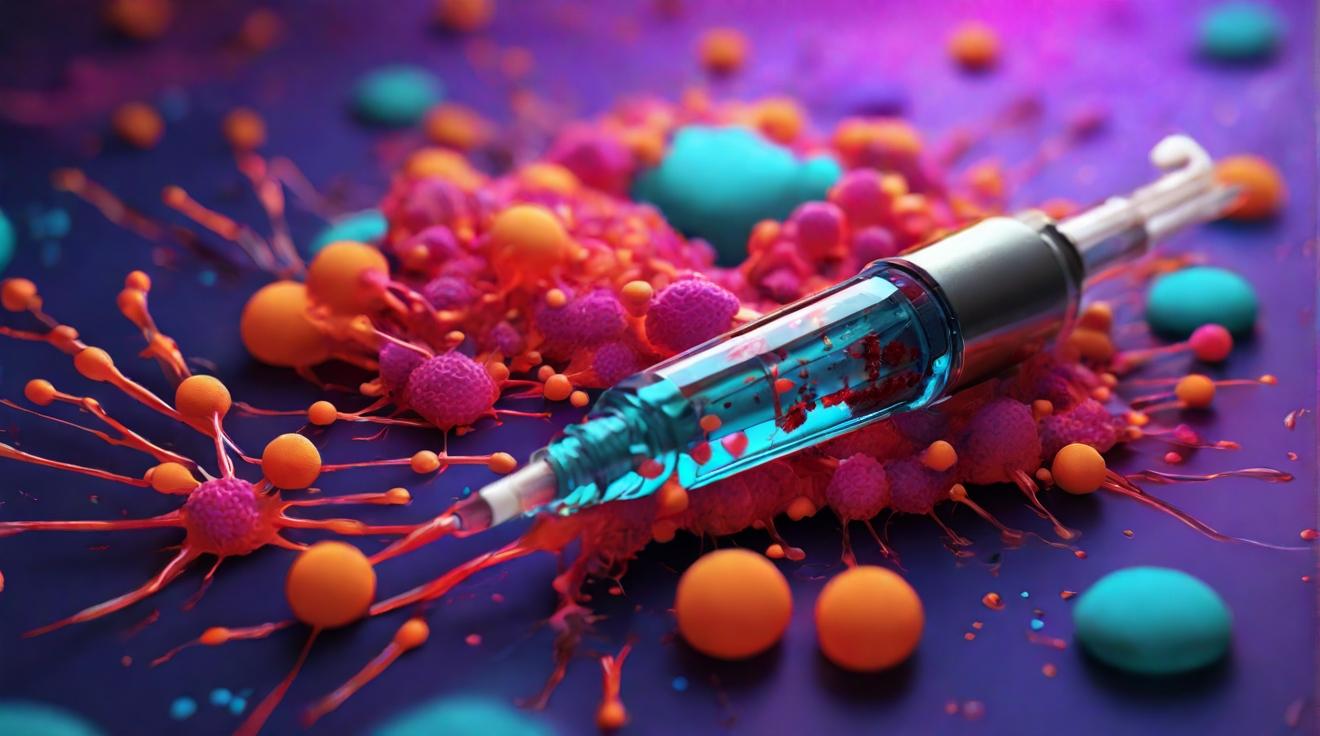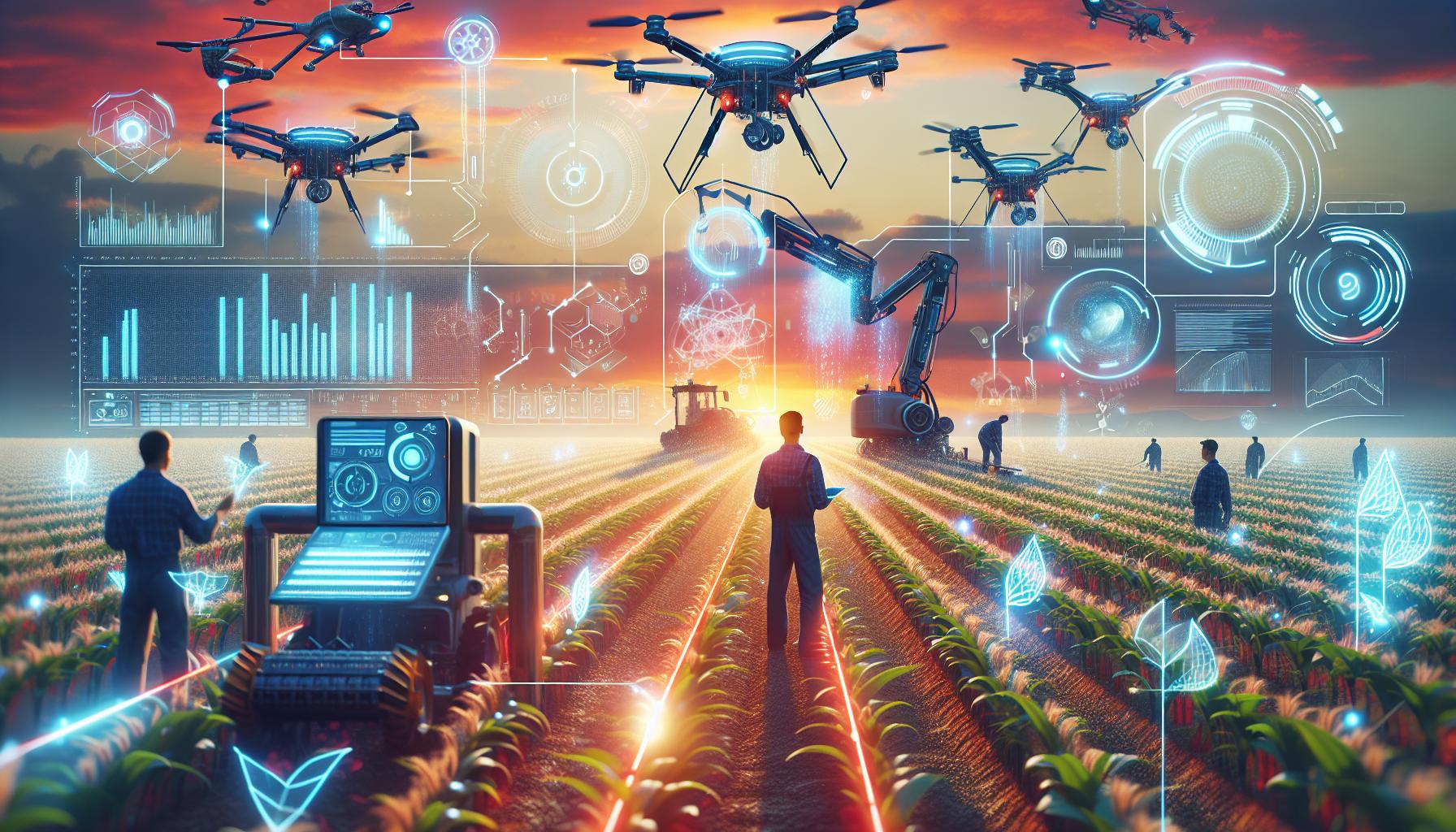Understanding the Environmental Impact of Plastic Pollution
Plastic pollution has become a global crisis, wreaking havoc on our ecosystems and posing a serious threat to the environment. Plastic waste, from single-use bottles to discarded packaging, is finding its way into our oceans, rivers, and landfills at an alarming rate. The consequences of this pollution are far-reaching and include harm to marine life, contamination of groundwater, and the release of toxic chemicals into the environment.
Plastic debris in the oceans has become a major concern, with estimates suggesting that there will be more plastic than fish in our oceans by 2050 if current trends continue. This poses a significant danger to marine life, as animals can mistake plastic for food or become entangled in it, leading to injury or death. Additionally, as plastic breaks down into microplastics, they are ingested by smaller organisms, potentially entering the food chain and posing risks to human health.
The impact of plastic waste is not limited to marine ecosystems. Landfills filled with plastic waste emit greenhouse gases and leach harmful chemicals into the soil and groundwater, polluting our water sources and harming both wildlife and human communities. The production of plastic also contributes to climate change, as it is derived from fossil fuels and requires significant energy to manufacture.
Examining the Causes and Consequences of Plastic Waste
Plastic waste is generated by a multitude of factors, including our reliance on single-use items, inadequate waste management systems, and a lack of awareness about the consequences of our plastic consumption. The convenience and low cost of disposable plastic products have led to their widespread use, particularly in the packaging industry. This, coupled with poor recycling practices and insufficient waste management infrastructure, has resulted in the accumulation of plastic waste in our environment.
The consequences of plastic waste are severe and wide-ranging. Beyond the environmental impacts, plastic pollution can harm human health. Microplastics, which have been found in drinking water, seafood, and even the air we breathe, can potentially contain and leach harmful chemicals such as bisphenol A (BPA) and phthalates, which are known to disrupt hormone function and have been linked to various health problems.
Unveiling Effective Strategies to Combat Plastic Pollution
Addressing plastic pollution requires a multi-faceted approach that tackles the problem at its root. One effective strategy is to reduce the production and consumption of single-use plastics. This can be achieved through legislation and regulations that ban or place restrictions on the use of certain non-essential single-use items, such as plastic straws and bags. Additionally, promoting the use of reusable alternatives and encouraging responsible consumer choices can help shift behaviors towards more sustainable practices.
Improving waste management systems is also crucial in combating plastic pollution. This includes investing in recycling infrastructure, implementing efficient collection and sorting systems, and promoting extended producer responsibility. Furthermore, raising awareness and educating the public about the impacts of plastic pollution can foster a sense of responsibility and encourage individuals to make more conscious choices.
Analyzing the Role of Governments and Individuals in Plastic Waste Reduction
Both governments and individuals have an important role to play in reducing plastic waste and protecting the environment. Governments can enact legislation and policies that support the transition to a circular economy, promote sustainable practices, and hold companies accountable for their waste generation. They can also invest in research and development to find innovative solutions for plastic waste management.
Individuals, on the other hand, hold the power to drive change through their choices and behaviors. By reducing their reliance on single-use plastics, adopting reusable alternatives, and advocating for more sustainable practices, individuals can contribute to the reduction of plastic pollution. Supporting local initiatives, participating in clean-up efforts, and spreading awareness through social networks are also effective means of making a positive impact.
Promoting a Sustainable Future: Solutions to Plastic Pollution
To build a sustainable future, innovative solutions to plastic pollution are essential. Biodegradable and compostable alternatives to conventional plastics can help reduce the environmental impact of plastic waste. Research and development in this area can lead to the production of materials that are not only eco-friendly but also cost-effective and readily available.
Additionally, promoting a circular economy, where materials are reused, recycled, or repurposed, can help reduce the demand for new plastics. This requires designing products for longevity and recyclability, investing in recycling infrastructure and technologies, and creating markets for recycled materials.
Furthermore, international cooperation is crucial in tackling plastic pollution, as it is a global problem that transcends national boundaries. Collaboration between countries, organizations, and businesses can help establish global standards, share best practices, and develop innovative solutions to effectively combat plastic waste.
In conclusion, plastic pollution poses a significant threat to our environment, with wide-ranging consequences for ecosystems and human health. Addressing this crisis requires a comprehensive approach that includes reducing plastic consumption, improving waste management systems, and promoting sustainable practices. Governments, individuals, and international cooperation all have a role to play in combatting plastic waste and securing a sustainable future for generations to come. By taking action now, we can make a significant difference in the fight against plastic pollution.
Analyst comment
This news can be evaluated as negative as it highlights the severe consequences and impacts of plastic pollution on the environment and human health. It emphasizes the urgency to address this global crisis.
As an analyst, it is expected that market demand for alternative, eco-friendly materials will increase. Companies that offer sustainable alternatives to plastic, such as biodegradable and compostable materials, may see growth opportunities. Additionally, there may be increased demand for recycling infrastructure and technologies. Governments may implement stricter regulations on single-use plastics, which could impact the packaging industry. Overall, the market is likely to see a shift towards more sustainable practices and products.













